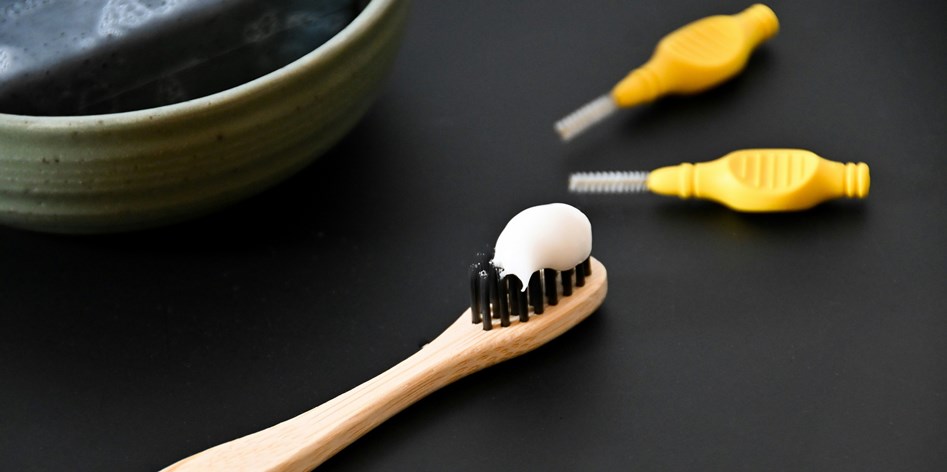
We’ve come a long way as a society when it comes to dental health. At one point, dentists were pulling out teeth with pliers and no anesthesia. We live in a privileged time, and progress continues. In fact, Indiana University was honored last year for advancing oral hygiene in 1955 by introducing fluoride, which was effective at fighting cavities.
Today, everyone from the local dentist at an Indiana dental clinic to the scientists in Copenhagen recommends brushing with fluoride toothpaste. Brushing is indeed the first, but many people fail to take even this basic act seriously. Today, we’ll explore why oral hygiene is far more important for your holistic health than you realized.
Oral Health Can Uncover Other Health Issues
People who maintain regular dental visits tend to report better general health and quality of life. Gallup found that dentist visits tend to be correlated with better overall well-being, regardless of what class of society you’re in. This pattern was true for both self-assessed overall health and activity and productivity levels.
Dental visits often serve as one of the most consistent forms of preventive health care. Unlike routine checkups with a physician, which many people skip, dentist appointments can reveal problems before they become severe. However, when you consider the state of dental care in America, it becomes clear that many people do not realize the importance of good oral hygiene.
One ominously titled report from Time magazine states that America’s dental health is in trouble. They highlight the fact that in most cases, dental health has been seen as separate from medical health. This is despite what Dr. Lisa Simon, an internal medicine specialist, says about how lots of studies have associated poor dental care with pneumonia, diabetes, and heart disease.
For many Americans, dental hygiene involves a quick brush before breakfast and after dinner. However, as Aegis Dental Group explains, brushing alone isn’t enough. Floss and mouthwash are critical to really clean your teeth.
It Has a 2-Way Relationship with Mental Health
As surprising as it may sound, there is a connection between oral hygiene and mental health. One article posted by the American Psychiatric Association highlights research that indicates 4 dental conditions commonly seen in patients with psychiatric disorders. These include tooth decay, gum disease, xerostomia, and bruxism.
These issues can eventually lead to poor self-esteem, especially in serious cases where speech is affected. There can be a tendency to avoid people out of embarrassment, which can feel isolating, and if left unchecked, this can spiral people toward depression.
Eventually, it becomes a cycle where a lack of mental well-being causes people to neglect their oral hygiene, which in turn affects their self-image. This connection is too often overlooked by both dental and mental health professionals.
Dental Hygiene involves Micro-Habits
Brushing, flossing, and rinsing may seem like routine acts with little meaning beyond oral care, yet their real impact is broader. The ability to maintain small habits every day builds a kind of discipline that spills into other areas of life.
Essentially, when you’re able to commit to simple, repetitive tasks like those involved in oral hygiene, you’re practicing consistency, patience, and long-term thinking. These are traits that very much influence success in all areas of life.
One recent paper proposes that repeated habits and routines have the power to stabilize behavior and reduce cognitive load. Psychologists often describe habit formation as the foundation for larger achievements. The same discipline that keeps a person flossing nightly can make it easier to follow through on fitness routines, maintain a budget, or keep up with professional development.
On that note, ever wondered how long it takes to really ingrain habits into your life? As one meta-analysis shows, the popular time frame of 21 days is not supported by evidence. Instead, the median time was closer to 59-66 days. The mean time was even longer at 106-154 days, and substantial individual variability that ranged from 4-335 days.
So, don’t worry too much if you can’t make oral hygiene habits stick by day 22. Being able to commit to oral hygiene is a nice litmus test. The rewards are not immediate, but over time, the benefits compound on each other.
Frequently Asked Questions
1. How does oral hygiene impact overall health?
Good oral hygiene keeps more than just your teeth clean. It lowers the risk of gum disease, which has been linked to heart issues, diabetes, and even certain infections. A healthy mouth means less strain on your immune system and better overall well-being.
2. What are common oral health problems?
The usual culprits are cavities, gum disease, and bad breath. Some people also deal with tooth sensitivity or oral infections. Left untreated, these small problems can snowball into bigger health issues, which is why regular check-ups and daily care really pay off.
3. How does oral hygiene affect mental health?
Poor oral health can chip away at confidence, making people self-conscious about smiling or talking. But it’s not just social—there’s evidence linking gum disease with higher stress and depression levels. Taking care of your mouth often lightens the mental load, too.
At the end of the day, oral hygiene clearly influences far more than the state of our teeth. Daily habits like flossing and brushing are actually forms of preventive medicine that are capable of reducing risks of chronic disease and improving mental resilience.
Thus, consider viewing oral hygiene not just as an isolated lifestyle choice, but as a way to improve your holistic health.

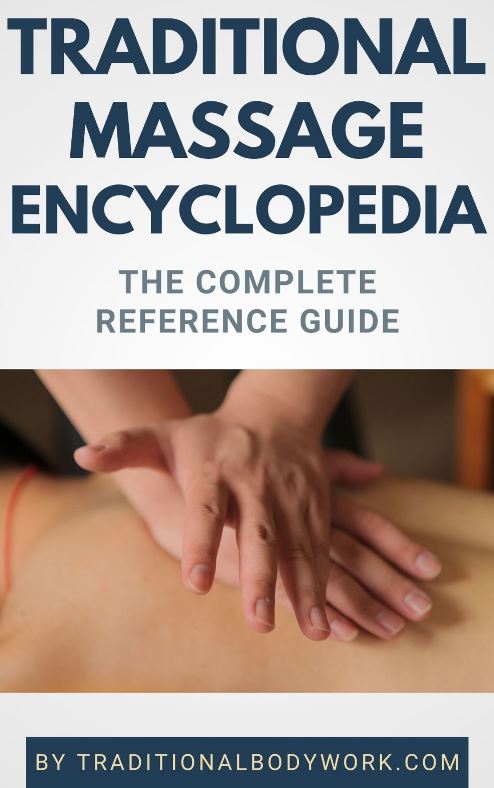
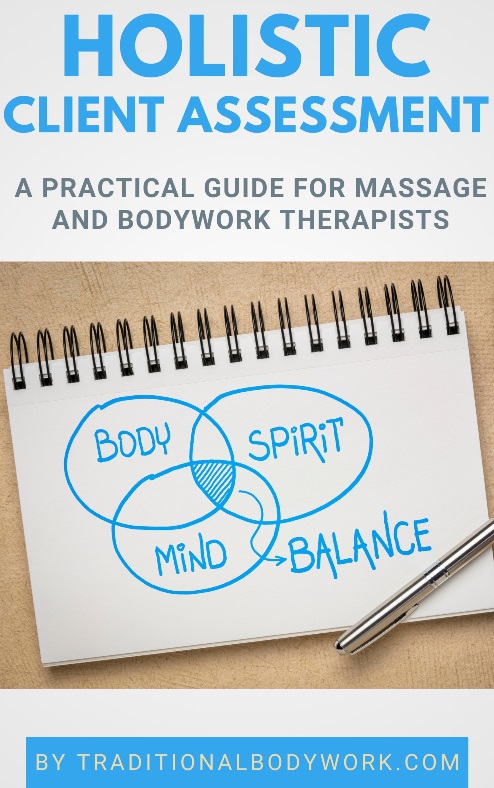




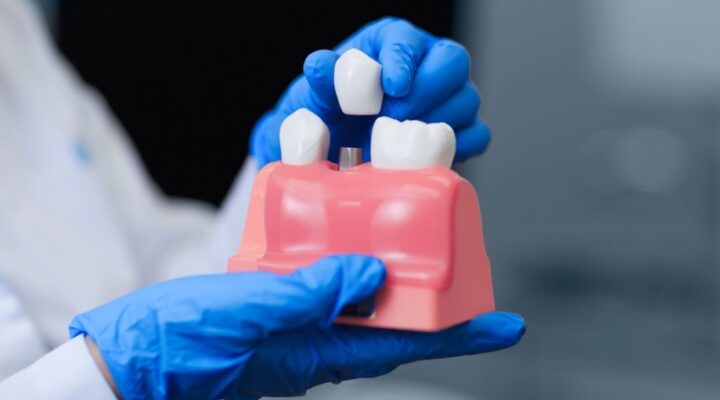
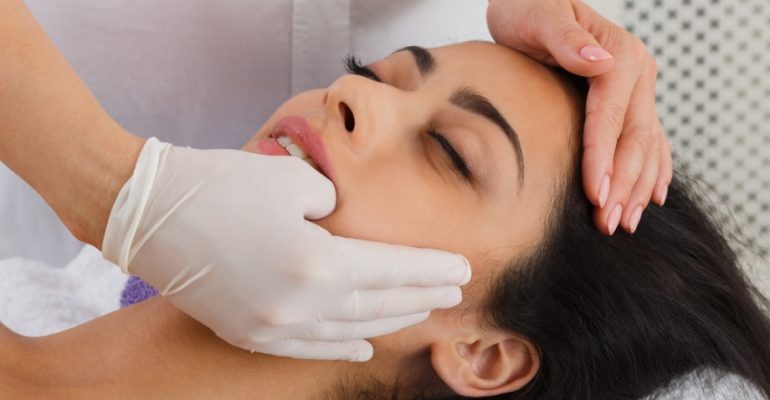


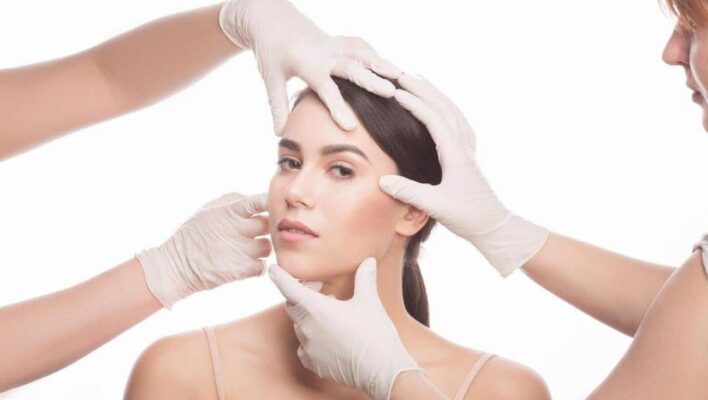
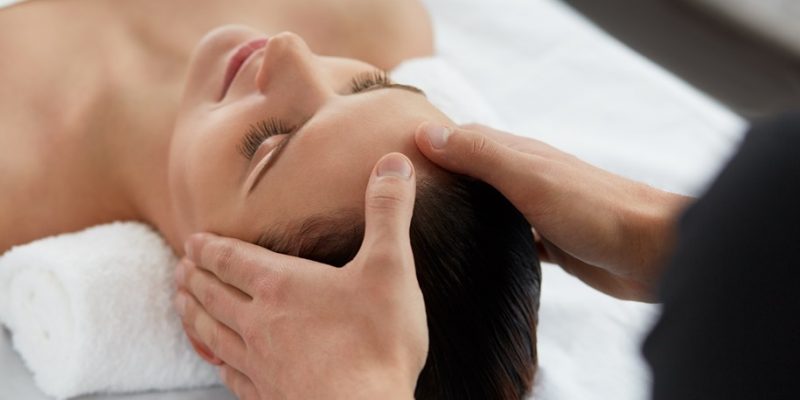


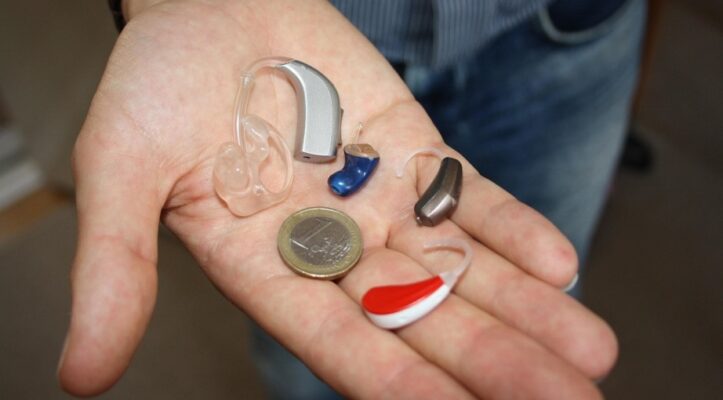
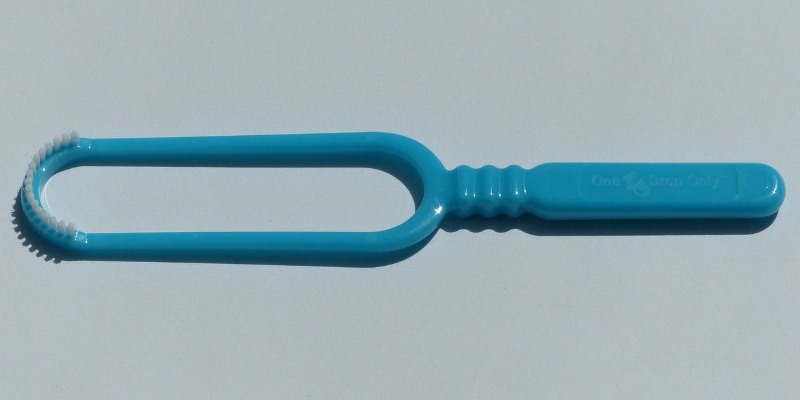
 Find themed health, wellness, and adventure holidays around the world.
Find themed health, wellness, and adventure holidays around the world.